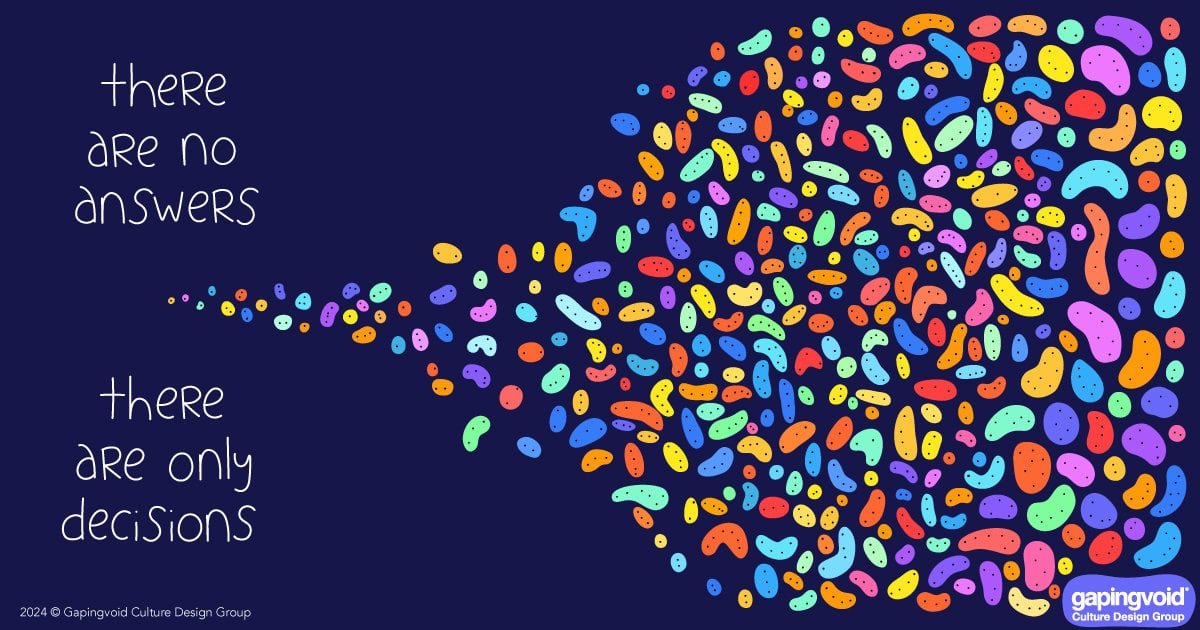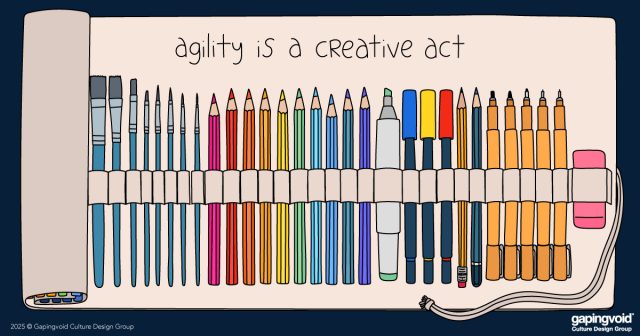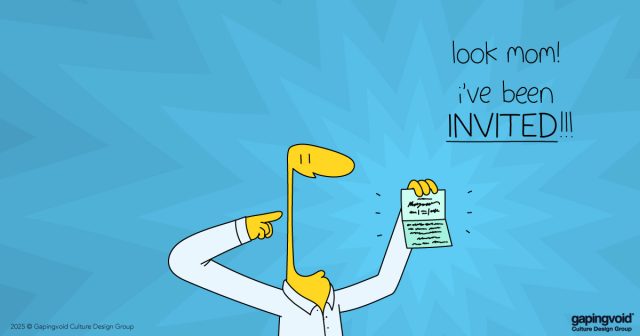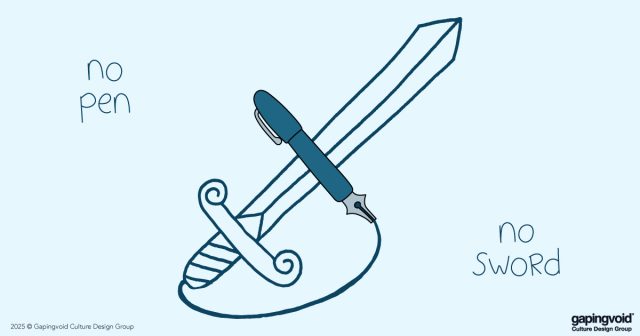
Mark Twain noted that “history doesn’t repeat itself, but it often rhymes.”
Around 500 BC, Rome got rid of its kings and became a Republic. Ditching monarchs for senators and autocracy for democracy. (Granted, high-status males only, but that was still pretty progressive for its time).
As democracies tend to do, Rome flourished. They conquered. They innovated. They grew really rich.
But this created a new problem. Because of all their successful conquering, they suddenly found themselves with a massive influx of slaves – no shortage of free labor.
The labor market was decimated. Small farmers couldn’t compete, driving them into urban poverty and creating a society of haves and have nots.
Over the years, the rich got richer, estates got bigger, and Rome’s population exploded to over a million, mostly poor people. For perspective: Ancient Athens at its peak was only about 250K.
With growing inequality came growing instability, and we know how it ended. Julius Caesar’s assassination, civil war and the death of democracy, heralding in the era of dictatorial Emperors and the Roman Empire.
There’s a lesson here. A democracy can only handle so much inequality, and so many elites disconnected from the rest of society, before the system collapses and tyranny and misery takes over. We’ve seen it happen many times since.
We’ve been thinking about this in the days since UnitedHealthcare’s CEO was murdered in New York. Today, the man accused of killing him was brought back to New York to face federal charges.
UnitedHealthcare had been accused of using AI to deny claims of customers with some reports highlighting a 90% error rate.
“We’re sorry to inform you that we just used an unthinking algorithm to ruin your life, and frankly we don’t care.”
That wasn’t what they meant to say, and the jury is still out on whether the allegations are even true. But it’s what people heard.
Of course this was a tragic crime, but something deeper is unfolding here.
When institutions become completely detached from the human consequences of their decisions, they don’t just lose trust, they break the social contract. And that breakdown can spread like wildfire.
One desperate act becomes a template. A possibility. And very dangerously, a new normal. This isn’t about insurance algorithms, it’s about what happens when the gap between those calling the shots and those facing the consequences becomes unbearable.
Rome learned too late that systems don’t break gradually. They break all at once.
We still have time.



